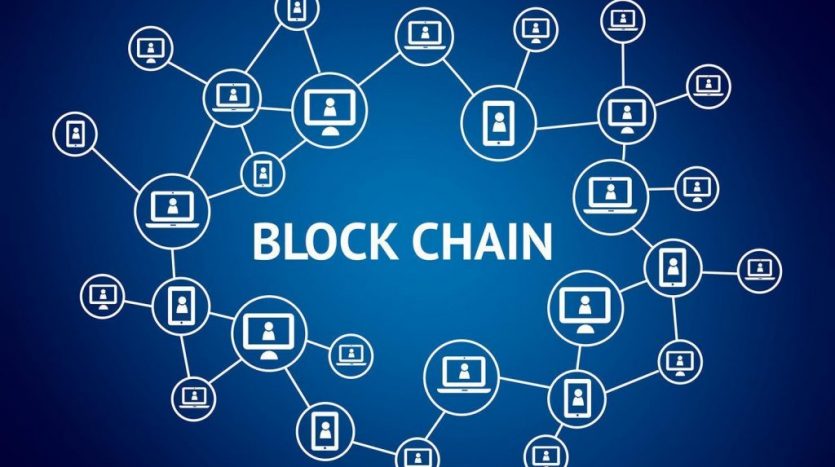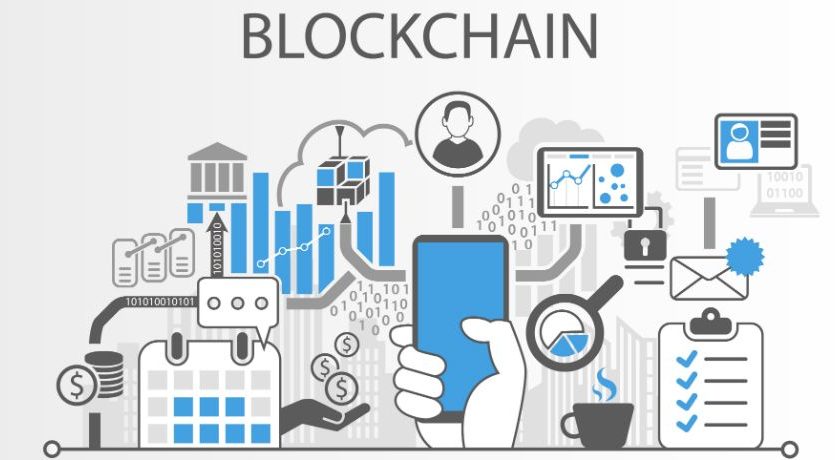While the commercial real estate field is known to be a traditional industry, firms across the globe are challenging the status quo by adopting a new technology called blockchain to ensure an efficient, transparent and knowledgeable future. Despite many people having heard of this mysterious new technology, few understand the ways it will impact day to day life.
“The blockchain is an incorruptible digital ledger of economic transactions that can be programmed to record not just financial transactions but virtually everything of value,” Don & Alex Tapscott, authors Blockchain Revolution.
The blockchain was originally created in 2009 to assist with the documentation of cryptocurrencies such as Bitcoin and Etherium, but has since been on fire, demanding the attention of everyone from Silicon Valley startups striving to become more transparent and accessible, to southern farmers looking to have a form of immutable record of crop yields and sales. Since the blockchain is a type of technology rather than a single network, it is not only isolated to real estate.
“Anyone needs so many days for a wire, for a check to clear. For escrow, for real estate specifically, it’s going to be huge. You can prove that instantly. Anything that touches government or needs a third party or needs an intermediary is ripe for blockchain improvements.” Josh Olszewicz – Blockchain Expert
Many industry professionals compare what blockchain can do to payments and banking to what the creation of the internet did to media. Something that was once only accessible through payment to a third party distributor – typically a magazine or newspaper subscription – was all of the sudden available to everyone who had a computer and they could retrieve the information without any charge and with little intermediation.
While blockchain can be used in any industry, it helps real estate brokerage specifically with a variety of issues:
- Ensuring accuracy of documents and property information
- Viewing past sales and leases
- Verifying ownership
- Reducing closing costs due to less need for certain intermediaries such as banks
- Transferring property deeds
It can also assist property managers with the following:
- Collect Rent
- Keep track of expenses
- Issue security deposits
- Use of “smart contracts” to simplify sale and lease agreements
This unique technology would have the potential to streamline supply-chain management through documented transaction history in a permanent, decentralized record while being monitored securely and transparently. The result of this would reduce the time delays and human mistakes while simultaneously cutting emissions and labor costs.
As the promise of blockchain grows stronger, the international crowd for blockchain expands with it. The biggest global proponent of blockchain technology is Dubai, who vowed to have all government documents – over 100 million documents per year – on blockchain by the year 2020. By doing this, Dubai could set the stage for other countries to use this platform to ensure a profitable and sustainable future.
Although it will not completely eliminate the need for intermediaries, it does come with a promising method to keep moving the commercial real estate industry forward with today’s increased need for transparency and trust.
Terry Ooten II
TLG Real Estate Services
Image/Shutterstock
https://national.wfgnationaltitle.com/2018/05/29/the-essential-guide-blockchain-and-realestate





